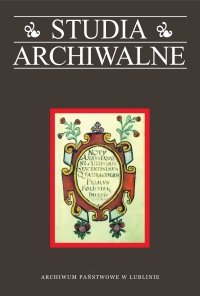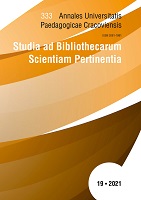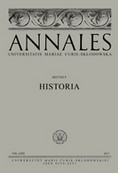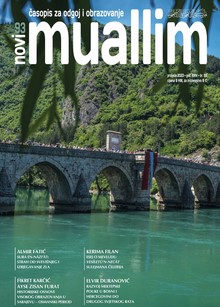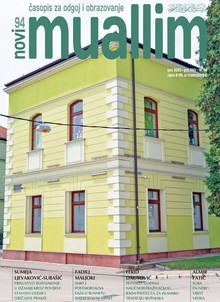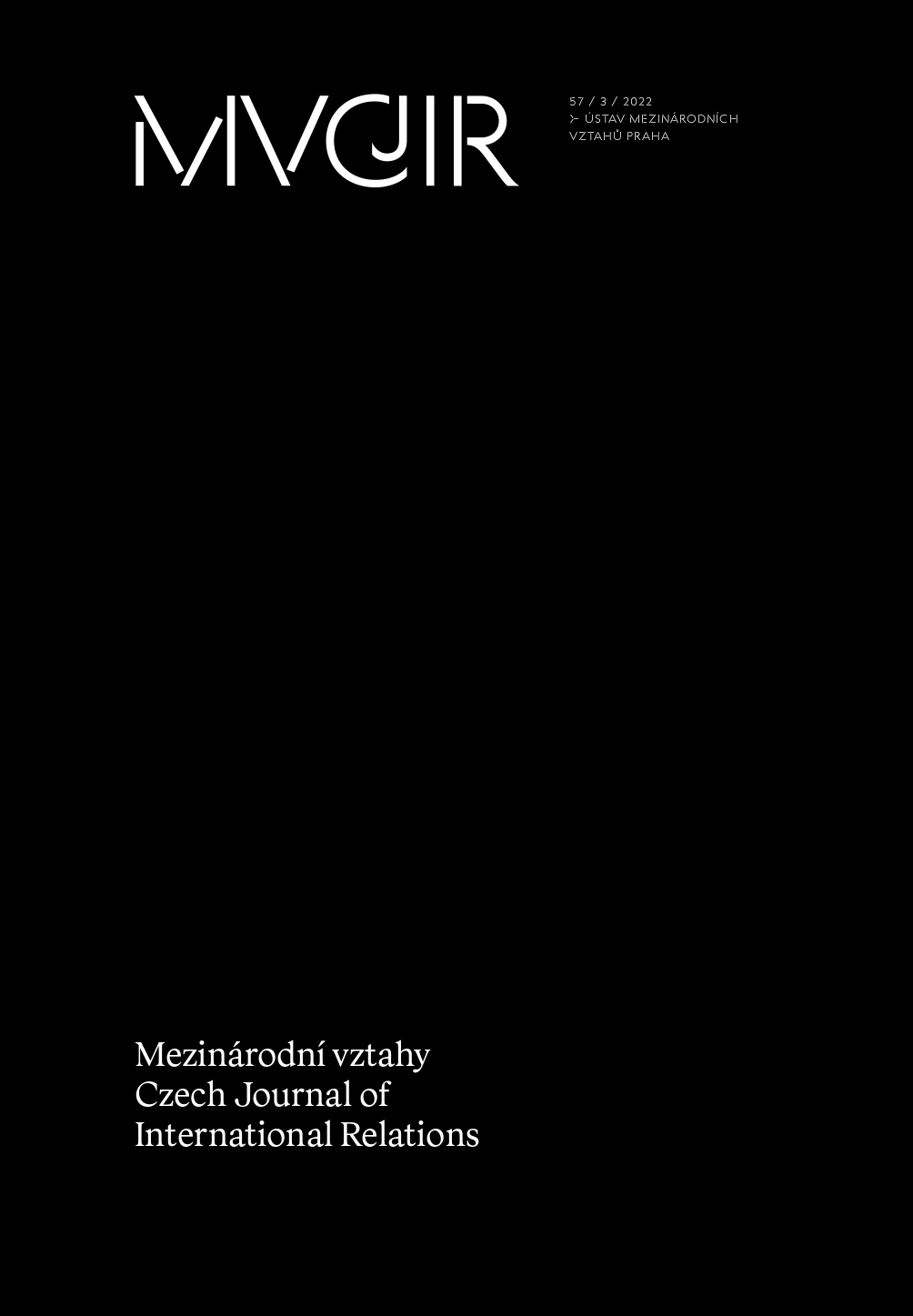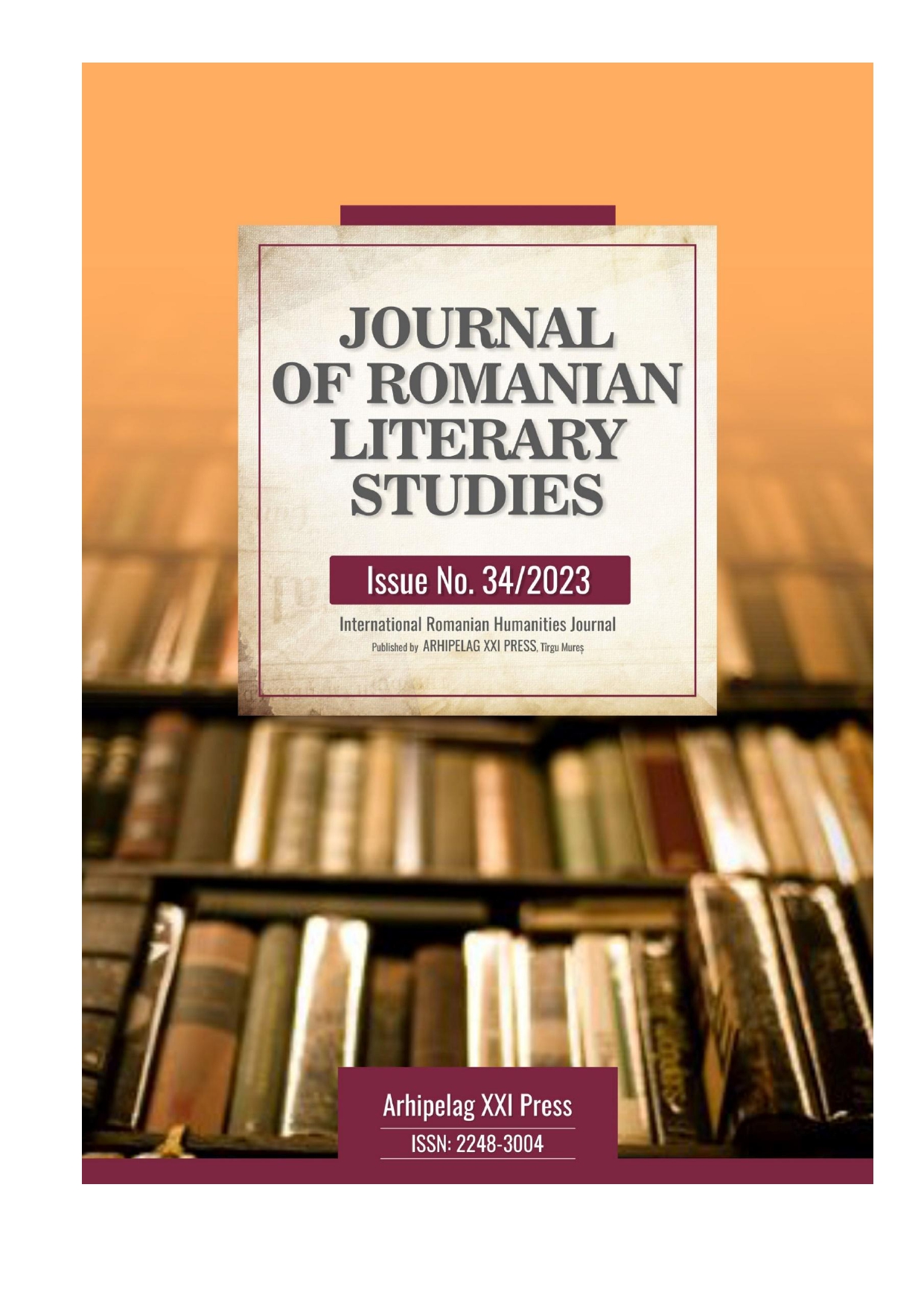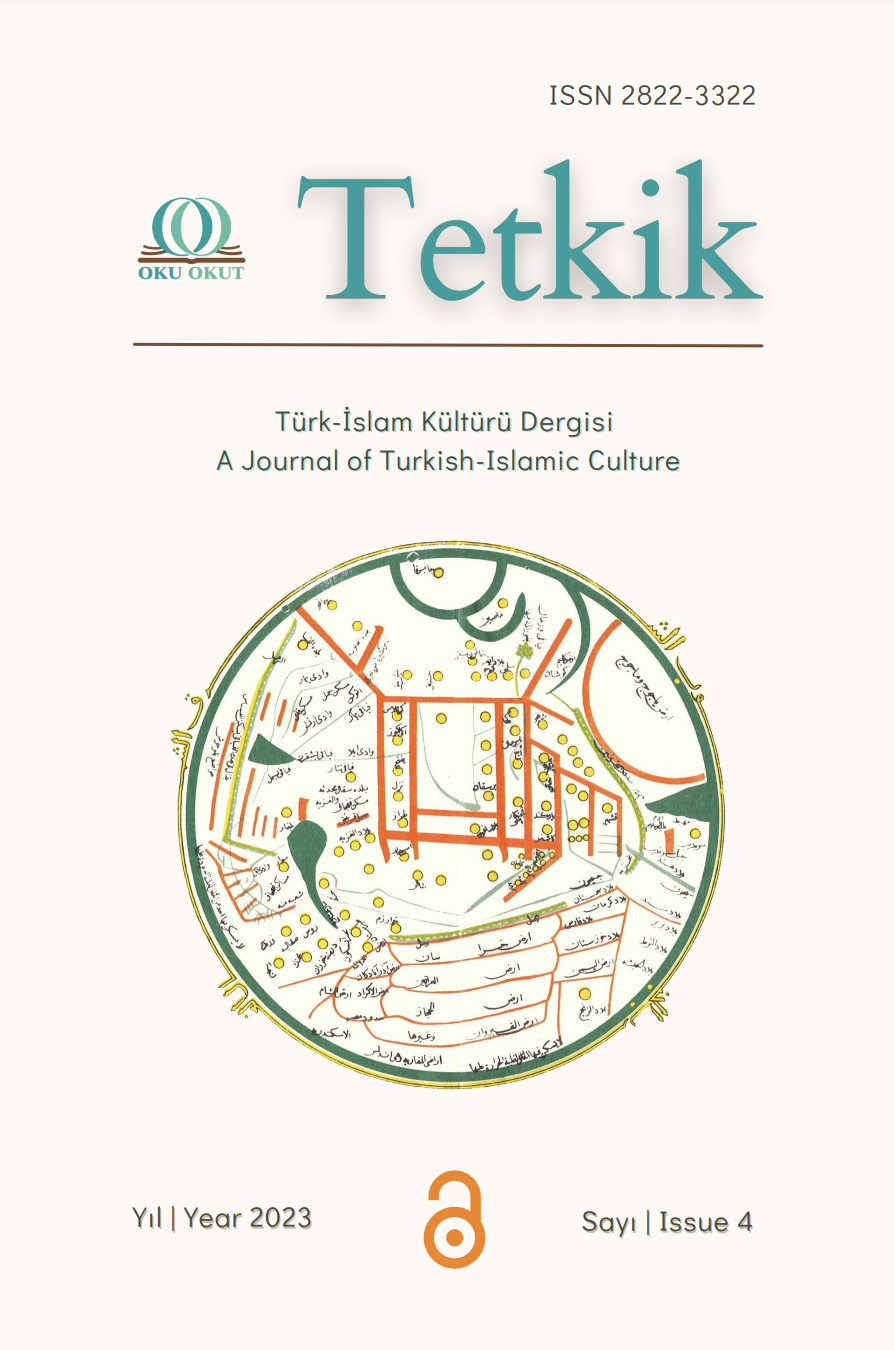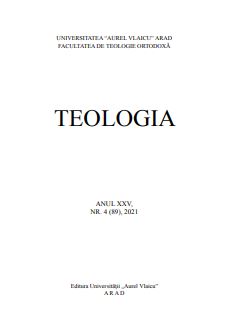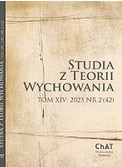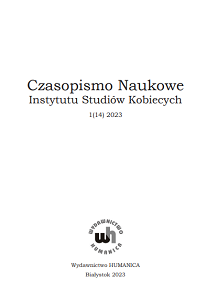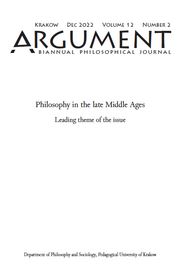
Bartłomieja z Jasła Pochwała logiki
Bartholomew of Jasło was a professor at the University of Prague and the University of Kraków, active about the turn of the 14th century. He was mostly interested in logic, methodology, and social changes, as equal access to education for everyone, no matter their status. His first, and only so far edited, work is the so-called First sermon of the restoration of University. Most of the so far discovered works by Bartholomew are sermons, mostly based on Seneca, Boethius, and others, authors not so popular in his day. The paper introduces to the edition of two redactions just such a sermon: his opening lecture to logic (recommendation of logic).
More...
